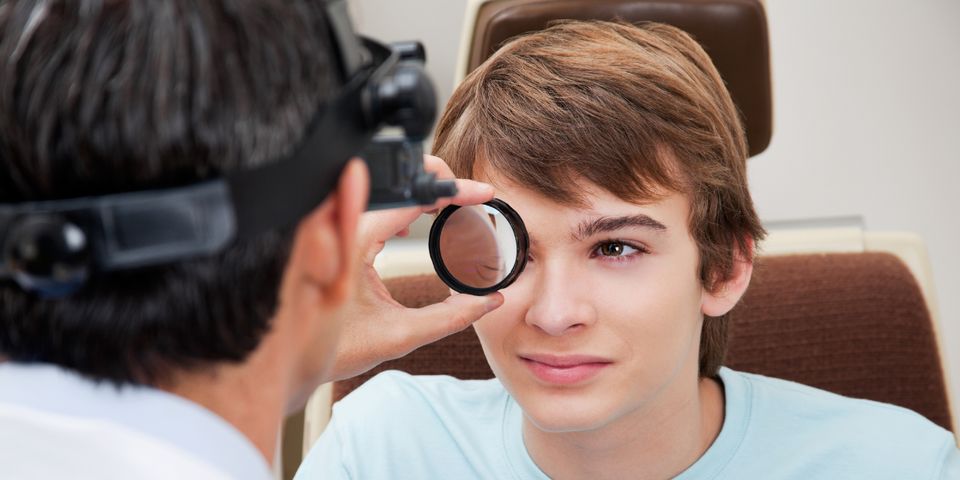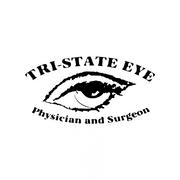
If you have ever seen an eye doctor for vision loss, dry eye, or other issues with your eyesight, they may have suggested a dilated eye exam. It’s natural to have questions about medical procedures, especially those concerning your vision. Thankfully, these exams are a safe, routine procedure. This guide will address the basics you need to know.
A Guide to Dilated Eye Exams
What is eye dilation?
Your pupils naturally dilate, or grow much wider, in order to bring in more light. Under natural conditions, your pupils will react this way to low light. In the context of an exam, your pupils are purposely dilated so the doctor can get a better look at the inner workings of your eyes.
Why are dilated eye exams needed?

Because they allow your doctor to more clearly see your retina, lens, and optic nerve, these exams are a safe way to reveal early signs of macular degeneration, diabetic eye problems, glaucoma, cataracts, and other forms of vision loss. Those over 60, African-Americans over the age of 40, or people with a family history of glaucoma should have a dilated eye exam every 1 to 2 years.
Are there any side effects?
You may feel a brief, mild stinging sensation from the eye drops used, but the effect passes quickly. After that, your vision will be sensitive to light and blurry enough so that reading and using your phone will be difficult. Because of this, it’s best to use high-quality sunglasses if you will be outdoors after the procedure.
What precautions should I take after the procedure?
The initial symptoms will take 20 to 30 minutes to appear. After that, the effect will linger for about 4 to 6 hours. Because your vision will be blurry, avoid driving during this time. You may also want to avoid staring at screens or texting on your phone after the procedure. You will find it difficult to focus and may find that it strains your eyes.
If you are experiencing vision loss and believe an eye exam is in your future, reach out to Tri-State Eye. They have served Middletown, NY, and Milford, PA, since 1993. Using state-of-the-art technology, they specialize in eye surgery and diabetic retinopathy, and they also offer solutions for cataract symptoms. Call (845) 703-2020 to reach their Middletown office or (570) 296-9696 for the Milford location. Visit them online to learn more about their services.
About the Business
Have a question? Ask the experts!
Send your question

